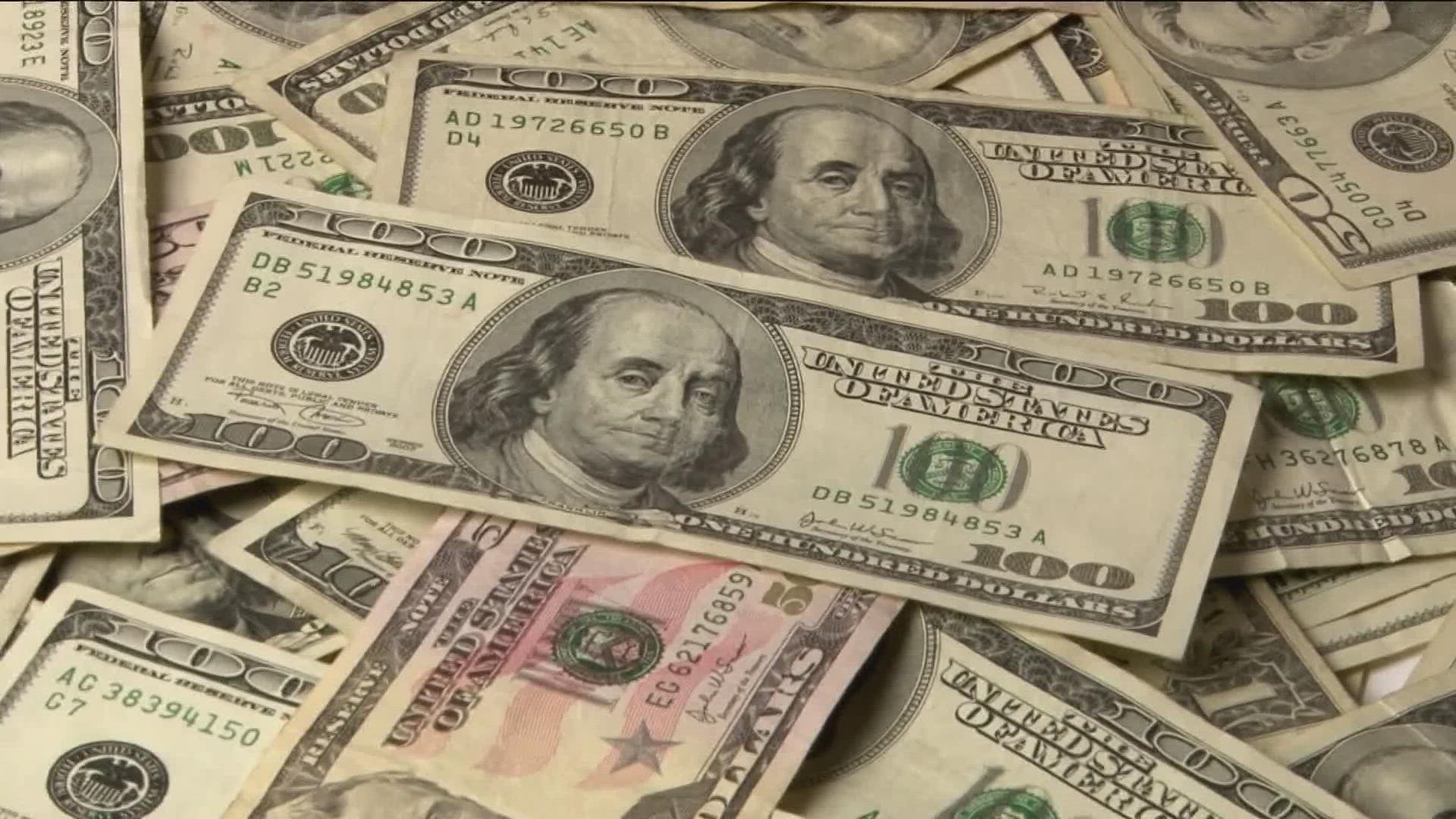BOISE, Idaho — Idaho Governor Brad Little signed on with more than 20 governors to send a letter to President Joe Biden in regard to the Biden Administration’s student loan debt forgiveness plan.
In short, the Biden Administration wants to forgive up to $10,000 in federal student loan debt for those with incomes below $125,000 a year, or households that earn less than $250,000. Governor Little and other governors argue in their letter to Biden that the plan will, “cost the American taxpayer more than $2,000 each or $600 billion total, a price the people of our states cannot afford.”
As a part of the Biden plan, when student debt is forgiven, it does not just go away. The President does not have that power. Forgiven debt is passed on to other Americans.
Dave Petso is a financial expert based in Boise. He explains that yes, taxpayers would be on the hook to pay for forgiven student loans. The letter signed by Little and other governors mentions the cost to Americans as about $2,000 each.
Where does that calculation come from? It’s based on how much the student debt forgiveness plan is expected to cost divided by American taxpayers.
To be clear, Americans are not paying an extra $2,000 each out of their pocket for the plan but instead $2,000 per taxpayer is added to the national debt, a number that continues to climb.
“That's a lot and that really means future generations, your kids, grandkids, etc., are going to have to have less of something. Higher taxes in order to pay things off," Petso said. "It's not a printing press you can just keep running without any detriment to the future."
So, is that cost worth it to Americans? You would have to ask each person for their take, but there are segments of the population that have spoken in support of the idea.
“Any opportunity that we have to be able to put money back into our educators’ pockets for the things that they do to be professional, certified educators is an opportunity,” Idaho Education Association spokesman, Mike Journee said.
The Idaho Education Association represents public school educators and administrators in Idaho. Journee said IEA applauds ideas like this, because the idea could greatly benefit educators in the Gem State.
“Our members are modestly paid professionals. They rely heavily on their ability to get certified. Their ability to continue their education after they become teachers. Many of them go on to do master’s degrees or doctorates and so it's important for them to be able to have an opportunity for debt relief,” Journee said.
Journee points to successful legislation from earlier this year in Idaho as an example oh how Idaho educators can benefit from debt forgiveness and encourage educators to stay in the profession.
“This past year, there was a rural educator initiative that was passed, or an incentive, that was passed that we wholeheartedly endorsed because it provided those kind of opportunities for educators to be reimbursed for their expenses, to get certified, to go on to graduate school and do other things,” Journee said.
Still, Petso points out that the Biden plan does not address the core issue: the cost of higher education.
“Almost nothing on the planet has become more expensive over the last 30 years than higher education. Percentage wise, it's through the roof and this only rewards them,” Petso said. “We're rewarding these institutions not for changing, but in fact to stay the same and really stay bad and expensive, and that to me is one of the other, if you will, social problems with this whole bill.”
Join 'The 208' conversation:
- Text us at (208) 321-5614
- E-mail us at the208@ktvb.com
- Join our The 208 Facebook group: https://www.facebook.com/groups/the208KTVB/
- Follow us on Twitter: @the208KTVB or tweet #the208 and #SoIdaho
- Follow us on Instagram: @the208KTVB
- Bookmark our landing page: /the-208
- Still reading this list? We're on YouTube, too:

